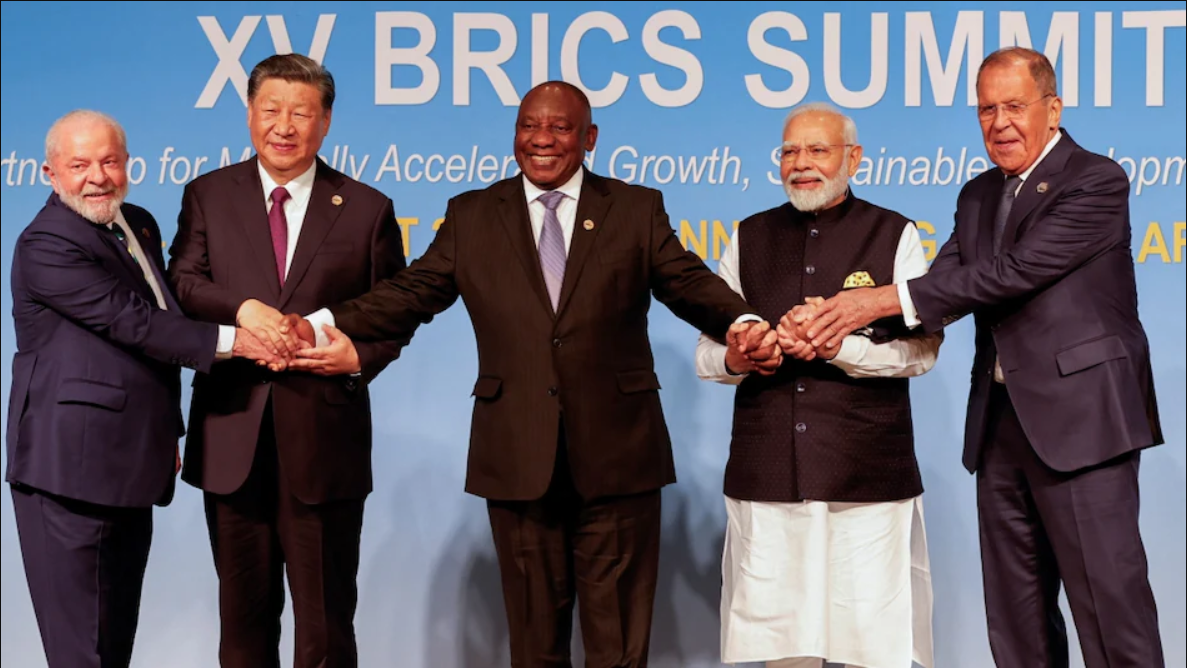
Last week’s BRICS (Brazil, Russia, India, China, and South Africa) Summit held in Johannesburg took center stage, heralding significant shifts in the landscape of global governance. As the world evolves, the BRICS nations are emerging as a potential economic powerhouse, challenging the established order. The UN Secretary-General, Antonio Guterres, addressed the summit, highlighting that today’s governance structures don’t fully represent the current world, having been formulated post-World War II when many African nations were under colonial rule and excluded from decision-making.
The BRICS bloc envisions itself as a united force to reshape the global order, particularly to amplify the voice of the global south. While the feasibility of this aspiration is open to debate, the recent expansion of BRICS to include six new members – Argentina, Egypt, Ethiopia, Iran, Saudi Arabia, and the UAE – introduces intriguing trade dynamics. These emerging economies, boasting significant geostrategic advantages, could potentially influence global trade patterns.
With a combined population of 3.7 billion people and controlling almost 70 percent of global oil production, the 11-member BRICS has the potential to trigger a reconfiguration of international trade. This transformation could have profound effects on industries like shipping. Notably, economic sanctions imposed by the West on countries like Russia and Iran have led to the emergence of a “dark fleet,” a fleet of obscurely-owned tankers facilitating the movement of sanctioned oil. An empowered BRICS could offer Russia and Iran an avenue to circumvent these sanctions more effectively.
China, a key player within BRICS, has also been assertively influencing significant decisions made by key UN bodies. For instance, ahead of the International Maritime Organization’s MEPC 80 meeting, China led a diplomatic effort urging developing nations to reject a proposed carbon tax. This move garnered support from fellow BRICS members Argentina, Brazil, and South Africa. The influence of BRICS could potentially extend to shaping the consensus approach within the UN, particularly in sectors like green shipping.
Despite the prospects, some experts remain skeptical about the ability of an expanded BRICS to drive substantial global change. They anticipate potential divisions on strategies to manage economic shocks that affect the emerging economies within the bloc. While the possibility of BRICS becoming an anti-West alliance exists in rhetoric, pragmatism is likely to prevail, preventing any extreme ideological inclinations.
The expansion of BRICS has already demonstrated its economic weight. Notably, India and China continued purchasing Russian oil even in the face of Western sanctions. This trade alignment showcases BRICS’ potential to challenge established norms and steer global economic trends.

